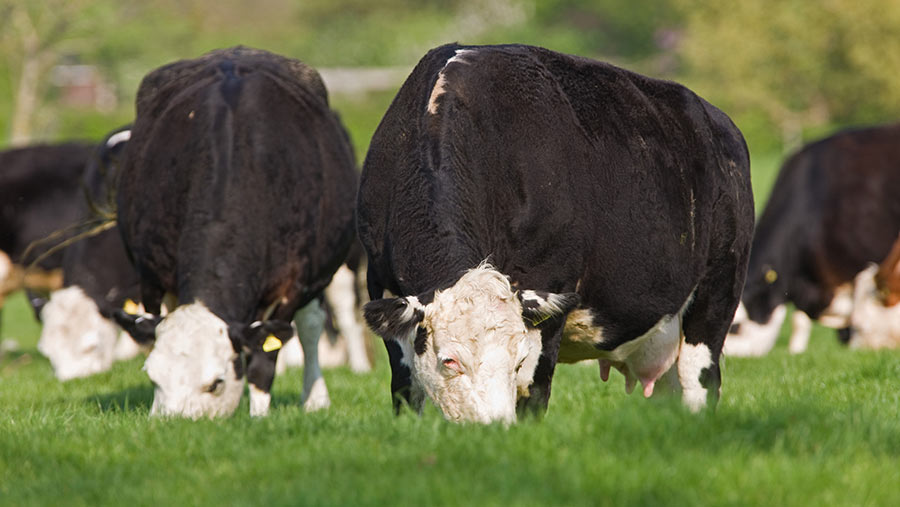Amendments proposed to cut impact of NI climate bill
 © Tim Scrivener
© Tim Scrivener Politicians in Northern Ireland are set to consider further amendments to proposed climate change laws in a bid to reduce the impact on the livestock sector.
The climate change bill originally proposed by agriculture minister Edwin Poots had sought to limit the target for greenhouse gas emissions in NI to an 82% reduction by 2050.
But earlier this month the Green Party, led by Clare Bailey, succeeded in raising the figure to a 100% reduction – net-zero emissions.
The development sparked an angry response from farmers, with Ulster Farmers’ Union (UFU) president Victor Chestnutt claiming it would cause a 50% cut in livestock numbers and put 113,000 agri-food jobs in jeopardy.
“Even then, it would still not solve climate change,” Mr Chestnutt said. “It will only export our food production overseas where emissions are higher and standards are lower,” he said.
See also: Blow to NI livestock farmers as Greens push for net-zero target
Last week, six agri-food bodies wrote to the agriculture minister, demanding that politicians look again at the science behind the targets.
Amendments put forward
Mr Poots has now responded by ordering a further “consideration session” on the bill, to put forward two amendments to reduce the impact on farm businesses.
These will help to ensure the agriculture sector is not being unfairly burdened as part of the assembly-agreed net-zero target for Northern Ireland, Mr Poots said.
The first amendment states that the level of reductions in methane emissions would not be required to be more than 46% lower than the baseline year (1990) – an easing of requirements.
This is consistent with the IPCC and climate change committee evidence and advice with regards to reducing methane to achieve long-term temperature goals in the Paris Agreement.
The second amendment is to remove emissions from agricultural sources from Northern Ireland’s net zero target, Mr Poots said.
“There is widespread acceptance of the need to minimise the effects of climate change in both the agriculture and environment sectors.
“But this must not be to the detriment of one particular sector which is a vital part of our economy.”
Union support
A UFU spokesman backed the proposals, which he said met the union’s call for a science-based approach.
“We are waiting with bated breath to see how these amendments are discussed at the further consideration session.
“We urge all AMs to keep in mind the science and not to divide on the issue according to party politics,” the spokesman said.
The further consideration session will take place at Stormont Castle on Monday evening (28 February).
